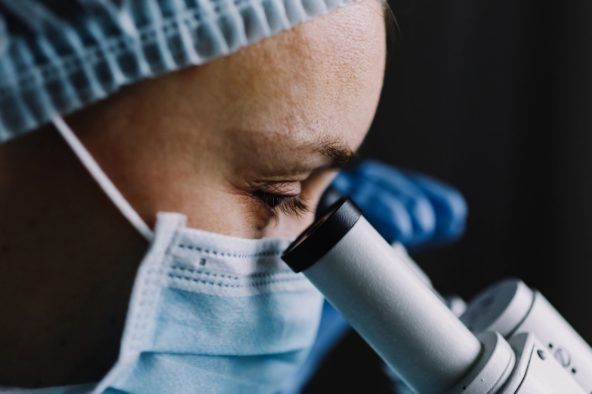The UK Government’s investments in research and development (R&D) into medical products for developing countries, emanate from a number of flagship cross-government initiatives. The first of these is the £1 billion Ross Fund, which aims to ‘develop, test and deliver a range of new products (including vaccines, drugs and diagnostics) to help combat the world’s most serious diseases in developing countries’.
The Fund is managed by DFID and DHSC and one important element of the fund prioritises product development, where commercial market incentives are failing, such as diagnostics, medicines and vaccines to prevent and respond to future disease outbreaks (such as Ebola), diseases of emerging resistance such as malaria and TB, and drugs and diagnostics for neglected tropical diseases (NTDs). £350 million of the fund is dedicated to supporting R&D of new products. Another important investment of the Ross Fund relates to implementation research to understand how the delivery of interventions can be improved on the ground.
The UK is also a leading contributor to R&D into COVID-19 technologies. The UK Government has committed to, and channelled funding through, the Access to COVID-19 Tools Accelerator (ACT-A). However, in the UK’s R&D funding contributed to COVID-19, there are no guarantees that any new COVID-19 technologies produced as a result of publicly-funded research will be accessible or affordable to all patients that need them.
Beyond R&D, several UK Government-supported programmes invest in market-shaping activities to make selected health products more available and affordable. For example, Strengthening Health Through Affordable Prices and Efficiency (SHAPE) (£25 million), works to negotiate lower prices for health commodities and incentivise the development of products for resource-limited settings across HIV, TB, malaria, hepatitis, family planning and vaccines. The CDC’s MedAccess Initiative works with manufacturers and buyers of health commodities to overcome market failures, through volume guarantees enabling negotiations around pricing, availability and other access issues. These initiatives build on the work of the Global Fund, GAVI and its financing mechanisms, and especially Unitaid, which have also benefited from the UK’s long-standing support.
The UK Government’s broad portfolio of research and development is seen as a highly effective use of funds and demonstrates leadership as compared to other donors. However, the UK invests little ODA in supporting countries’ use of TRIPS flexibilities, which could make a valuable contribution towards the achievement of SDG target 3B.


